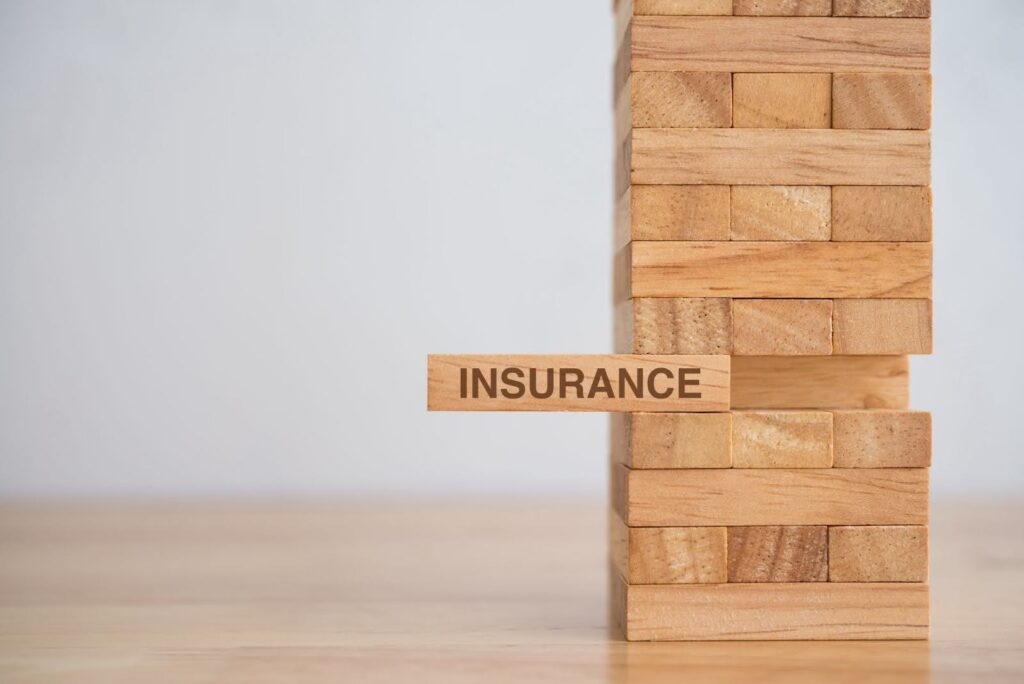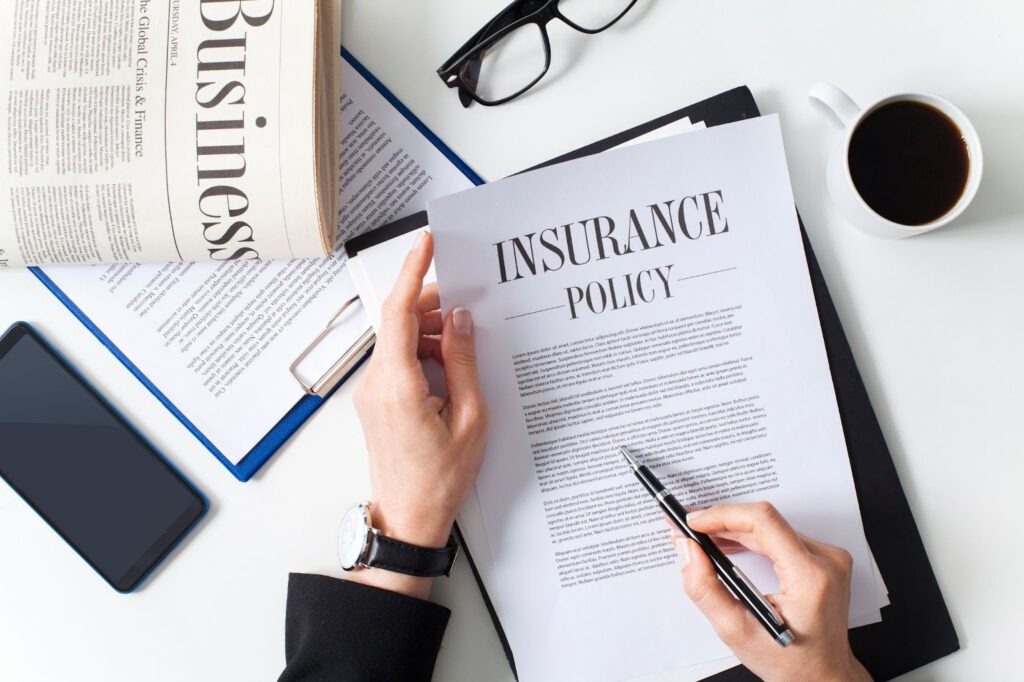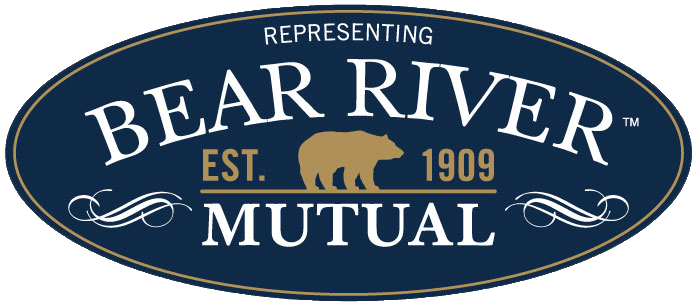The vast range of business insurance types can be overwhelming, but we’re here to tell you what to look for in your plan.
Owning a business comes with a lot of responsibilities, and one of the most important is managing risk. The best and easiest way to do that is by selecting insurance. The right insurance policy will protect your venture through the small, beginning stages to a larger corporate business.
Finding the right business insurance policy is a crucial part of any business plan, but the process can feel stressful, especially for those who haven’t ever purchased a policy before. We have gathered eight things to look for to help you understand the various business insurance types, meet legal requirements, minimize your risks, and save you headaches along the way.
Continue scrolling to learn more about choosing the right coverage for your business.
8 Things to Look for In Your Business Insurance Coverage
- Know the various business insurance types — Thanks to many factors, your business insurance needs will vary, such as your industry, specialty, and any assets you have. Here are the most common types of business insurance plans and a brief overview of what they cover:
- General liability insurance — This insurance covers liability lawsuits over third-party property damage, third-party injuries, or advertising injuries like copyright infringement or defamation.
- Commercial property insurance — This pays to replace or repair damaged, lost, or stolen business property, including inventory, equipment, furnishings, and more.
- Business owner’s policy (BOP) — This insurance combines commercial property insurance and general liability insurance. Usually at a lower investment than when purchased separately.
- Professional liability insurance — This is a popular option among businesses that offer professional services and is often referred to as errors and omissions insurance (E&O). It covers lawsuits associated with oversights, mistakes, and negligence.
- Business interruption insurance — This covers operating costs if you are forced to temporarily close your business due to a fire, storm, or other covered event. This coverage may be included in your commercial property policy.
- Workers’ compensation insurance — Workers comp will pay medical expenses and lost wages for work-related illnesses and injuries. Coverage here typically includes employer’s liability insurance that protects against employee negligence lawsuits.
- Commercial auto insurance — This covers property damage, legal bills, and medical expenses if your business vehicle causes a wreck.
- Cyber insurance — This helps cover costs when a data break or another type of cyber incident happens at your business and any associated costs if you are sued over your client’s data breach.

- Understand the risks associated with your industry — While every industry is different, there is a common denominator: risk. Understanding the risks associated with your business is essential, regardless of your industry.
For example, restaurant owners need to be concerned about customers getting sick after eating at their place and how clean their facility is. On the other hand, an accountant doesn’t need to worry about that. They need to consider not being sued for a mistake made on a client’s tax return.
Product liability insurance can help pay a restaurant’s legal bills if customers become ill because of any food they were served, while professional liability insurance can help protect accountants from lawsuits related to errors made. Carefully evaluate your business’s risks and buy business insurance accordingly.
- Prioritize business insurance coverage before costs — One of the biggest parts of being a business owner is managing the finances. Once you know which insurance policies you need, the next question is typically about the cost. When budgets are tight, every penny counts!
However, it’s essential to understand that while business insurance is yet another expense, it plays a critical role in protecting your business against financial ruin. Keep in mind the cost of business insurance is often deductible for small business owners.
It may be tempting to choose the least expensive policy you can find to save on premium costs, but that may actually cost you more down the road. Cheaper policies aren’t priced to give you a good deal. They are usually priced that way for a reason, like offering limited coverage that leaves your business vulnerable to common risks.
You’re better off opting for reusable insurance providers and inviting in the most coverage your budget allows. Otherwise, your cheap business insurance policy won’t cover your losses to keep your business afloat.
- Consider which policies may be legally required — Buying business insurance coverage may not just be a wise investment; it may be legally necessary. Depending on your state, your industry, your customers, and your lenders, you may be legally required to carry certain business insurance types.
For example, if you rent a commercial office space, your landlord may require that you have a general liability policy to cover potential third-party property damage or bodily injury lawsuits. Mortgage lenders typically have similar requirements for the business they back.
Businesses with employees must have workers’ compensation insurance (though there are a few exceptions). Regulations vary from state to state, but most require you to have overage once you hire your first employee. Clients may also require that you have certain types of coverage before they will hire you. The types of insurance plans can vary based on risks within the industry.
- Know what could affect insurance rates — In addition to industry risks, it’s important to know what can affect your business insurance quote. The size of your business, location, and the assets you want covered can all impact the premium you pay for your policy, among other factors.
While some of these factors are outside of your control, there are some things you can do to keep your premiums down, such as:
- Ensure you do not allow your policy to lapse. Breaks in coverage can increase your premiums.
- Create a safe work environment to help reduce on-site injuries. As a result, you’ll have fewer claims, which means lower workers’ compensation premiums.
- Install security alarms and fire suppression systems to help reduce your commercial property insurance costs.
- Employing people with a good driving history to operate your business vehicles will help lower rates.
Of course, the amount you pay is also affected by your policy limits (maximum amounts the insurance will pay on a claim). Your premium is also affected by the deductibles you choose.

- Think about your deductibles — Most business insurance plans include a deductible, which is how much you have to pay before your insurance provider starts paying to help cover a loss. Once your deductible is paid, your insurance should cover the remaining claim amount up to your policy limit.
The higher your deductible is, the lower your premiums will be. Many people are tempted to select a high deductible; however, before you do that, make sure your business can handle paying the deductible if you ever need to file a claim. Consider this when you’re choosing your plan.
- Don’t underestimate your insurance needs — There’s no denying that a lawsuit could financially devastate a business. Even if it is dismissed, it can still cost you thousands and thousands of dollars in legal fees. That’s why it’s best to invest in more than the bare minimum insurance coverage if you can (you never know when that extra protection could come in handy!).
If an employee gets into a car crash while conducting work-related tasks or a client is injured at your business, expenses can quickly add up. If a settlement is awarded, any amount beyond your policy limits will come straight from your bank account.
You may also want to consider a commercial umbrella insurance plan to supplement your existing plans. It can help cover business liability lawsuit costs above your existing policy limits.
- Thoroughly read your policies — Business insurance policies will vary from one to the next and from one provider to another. Each plan has its own premiums, limits, deductibles, and exclusions. Make sure you understand what is covered — and what isn’t — before making your purchase.
We know that, as a busy business owner, you are likely swamped, but spending time to thoroughly understand the details of your policy can help you avoid a nasty surprise and ensure that you don’t have any gaps in your coverage should you ever need to file a claim.
Want More Info About Business Insurance Types? The Pros at Bear River Mutual Insurance Can Help!
Do you want to explore your options and learn more about business insurance types? The knowledgeable team at Bear River Mutual is here for you!
Understanding your business insurance policy can feel overwhelming. If you need guidance on the best insurance options for your business or have general questions, it’s best to reach out to a trusted insurance agency.
Insurance is an essential part of running a business, regardless of its size. Without it, your company, your assets, your employees, and everything else you’ve worked so hard for remain at risk. That’s why our team of skilled and trusted professionals is here to help you find the best policy for your business that provides all the coverage you need and more.
You can find us in three convenient Northern Utah locations to serve you better: Provo, Salt Lake City, and Orem. Contact Bear River Mutual to get a free quote today.




